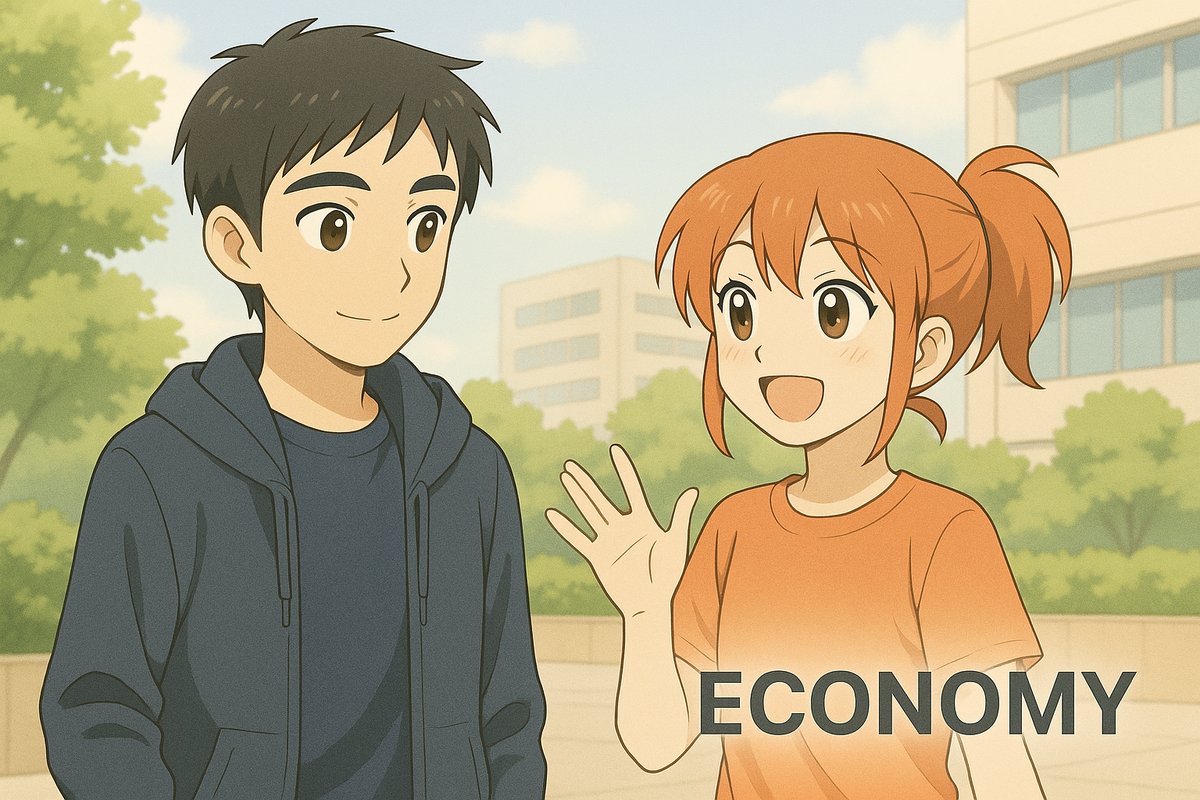📰 ニュースまとめ
お盆期間中に日経平均株価が2024年7月につけた史上最高値を更新し、終値は4万2718円に達しました。
これは関税の不透明感が和らぎ、円安が進行したことにより輸出企業の業績期待が高まったからです。また、投資家心理が「FOMO相場」となり、買いが続いていることも影響しています。実体経済との関係についての世論調査も行われていますが、株価は経済をある程度反映しているという意見が多いようです。
💬 チャコたちの会話に耳をすませてみると…
チャコ:
ねえログ、お盆に日経平均が最高値を更新したんだって!すごいよね!
ログ:
そうだな、関税の不透明感が和らいだことや円安が影響しているみたいだ。輸出企業の業績が期待できるから、投資家も買いに出ているということか。
チャコ:
でも、実体経済と株価ってどのくらい関係してるのかな?
ナヴィ:
実体経済の影響は一定程度あると考えられます。多くの人が株価はある程度経済を反映していると感じているようです。
ログ:
なるほど、だから株価が上がっているのか。投資家の心理も大切なんだな。
📝 管理人のひとこと
日経平均の最高値更新は、経済の動向を反映していることを示していますね。特に、円安や関税の問題が影響を与えているのは興味深いです。投資家が「FOMO相場」に影響されるのも理解できますが、実体経済との関係性をしっかり把握することが大切です。今後の経済動向にも注目したいところです。特に、投資家心理がどのように変わっていくかが気になります。
この記事をシェアする:
🇬🇧 英語版を見る
Summary
During the Obon holiday period, the Nikkei Stock Average updated its all-time high set in July 2024, closing at 42,718 yen. This increase was driven by a reduction in uncertainty surrounding tariffs and a continued depreciation of the yen, which boosted expectations for the performance of export companies. Additionally, investor sentiment has turned into a “FOMO market,” leading to ongoing buying activity. While surveys are being conducted regarding the relationship between the stock market and the real economy, it seems that many believe stock prices reflect the economy to some extent.
Dialogue
This dialogue is fictional and based on the article.
Chako: Hey, Log! I heard that the Nikkei Average hit a record high during the Obon holiday! That’s amazing, right?
Log: Yeah, it seems like the easing of uncertainty around tariffs and the weak yen are having an impact. Since the performance of export companies looks promising, investors are jumping in to buy.
Chako: But how closely are the real economy and stock prices actually related?
Navi: It’s believed that the real economy has some level of influence. Many people feel that stock prices reflect the economy to a certain extent.
Log: I see, so that’s why stock prices are going up. Investor sentiment is important too.
Admin’s Note
The update of the Nikkei average to a new all-time high indicates that it reflects the trends in the economy. It’s particularly interesting how issues like the weak yen and tariffs are having an impact. While it’s understandable that investors are influenced by a “FOMO market,” it’s crucial to maintain a clear understanding of the relationship with the real economy. I want to keep an eye on future economic trends, especially how investor sentiment evolves.



コメント